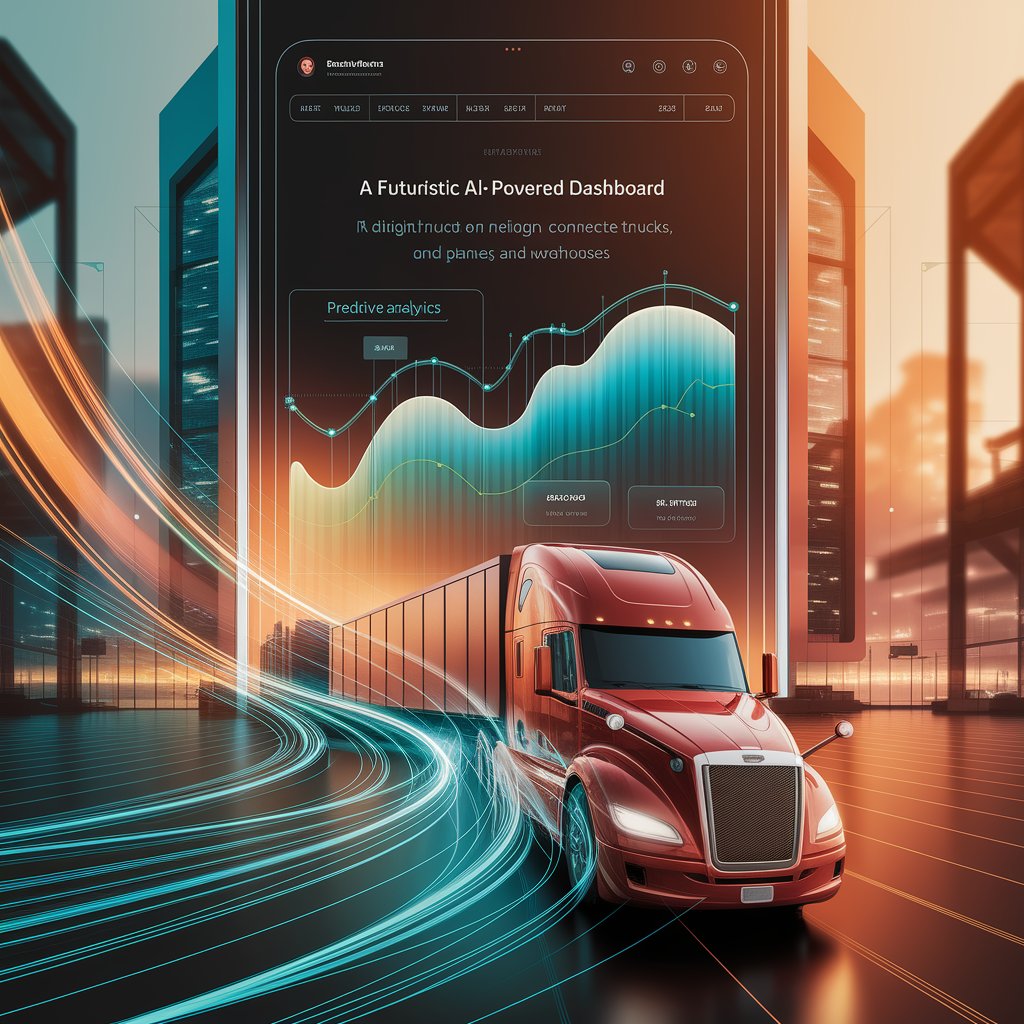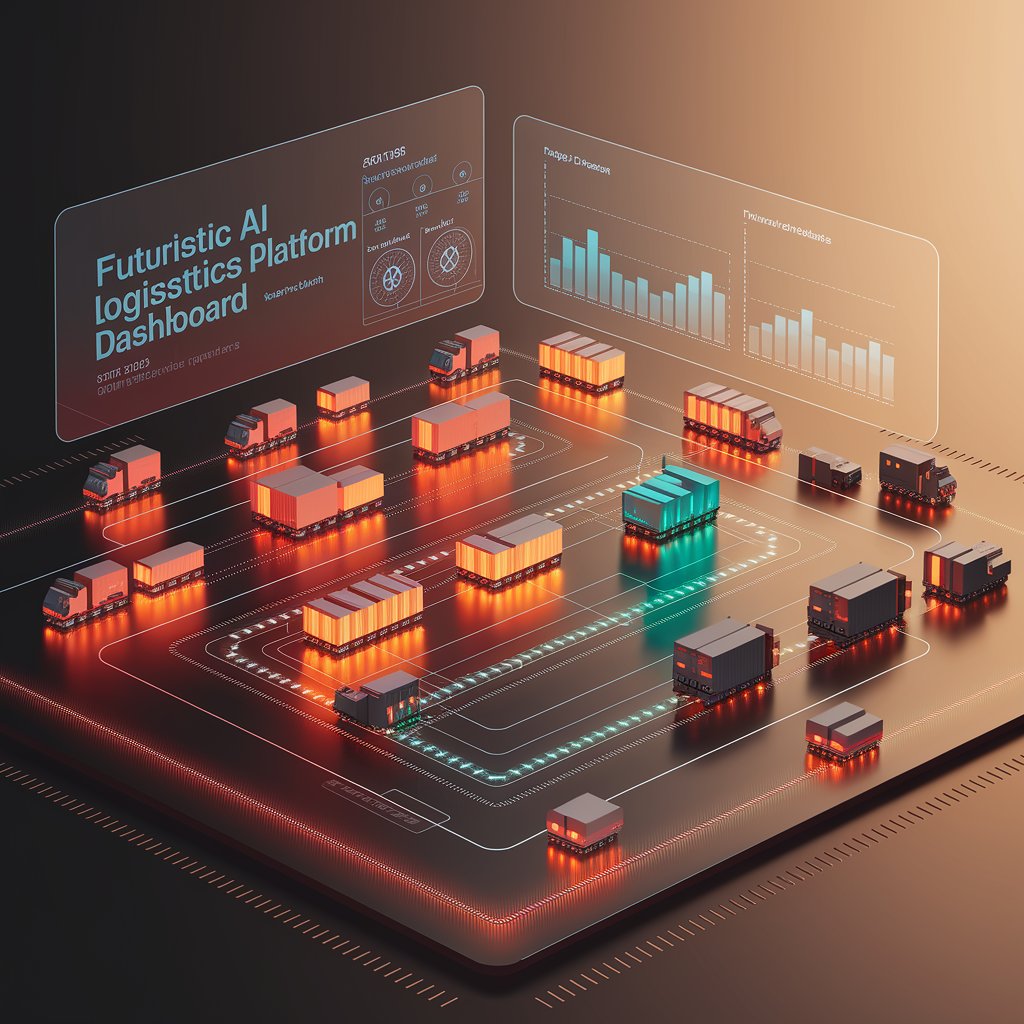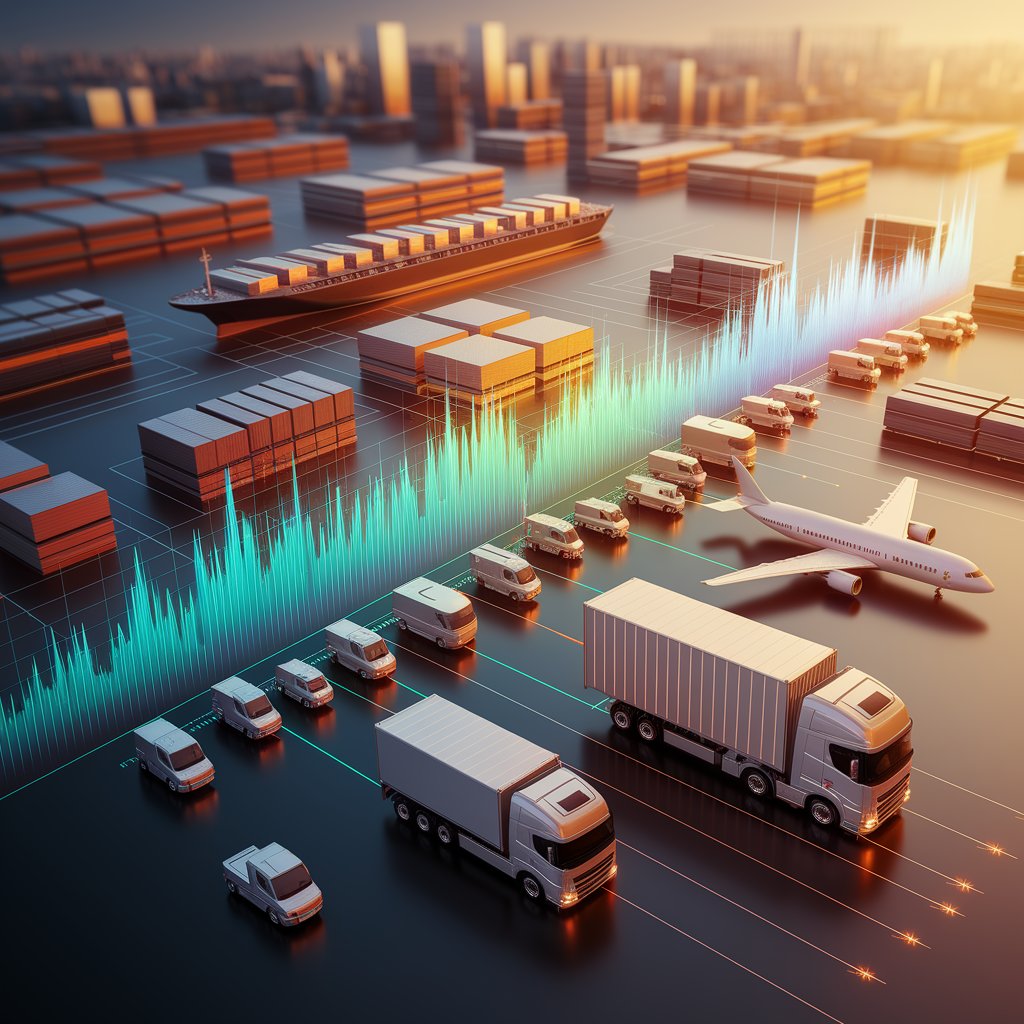AI-Powered Logistics Platform: Redefining the Future of Supply Chains

Introduction
This is where an AI-powered logistics platform makes the difference. By combining artificial intelligence with automation and advanced analytics, these platforms empower companies to optimize freight operations, reduce costs, and deliver unparalleled visibility.
What Is an AI-Powered Logistics Platform?
An platform is a digital system designed to streamline logistics workflows using machine learning and automation. Unlike legacy platforms, it does more than track shipments—it predicts risks, automates documentation, and adapts operations in real time.
Key functions include:
- Smart freight quoting and booking
- Automated document generation and compliance
- Real-time shipment visibility
- Predictive demand and delay forecasting
- AI-driven cost and margin analysis

Core Features of AI-Powered Logistics Platforms
- Predictive Analytics: Anticipate delays, risks, and disruptions.
- Process Automation: Reduce manual work with AI-driven workflows.
- Real-Time Dashboards: Visualize shipment milestones and KPIs.
- AI Agents: Intelligent assistants that handle quoting, scheduling, and customer updates.
- Scalability: Adaptable for small forwarders and global enterprises alike.
Benefits for Logistics Companies
Adopting an AI-powered logistics platform brings measurable value:
- Faster Operations: Automated quoting and booking reduce response times.
- Cost Optimization: AI identifies inefficiencies and suggests savings.
- Customer Transparency: Real-time updates enhance trust and satisfaction.
- Competitive Advantage: Differentiate with smarter, faster decision-making.
- Resilience: Platforms adapt to global disruptions more effectively.

Real-World Applications
- Freight Forwarders: Automate rate management and customer reporting.
- Carriers: Optimize fleet utilization and fuel efficiency.
- Warehousing: Use AI for predictive maintenance and stock forecasting.
- E-commerce Logistics: Provide real-time visibility and AI-based ETA predictions.
The Future of AI in Logistics Platforms
As AI agents, digital twins, and edge analytics evolve, platforms will become self-optimizing ecosystems. They won’t just report or predict—they will act automatically, rerouting shipments, negotiating carrier rates, and ensuring compliance without human intervention. This will redefine supply chain management into a proactive, autonomous network.

Conclusion
An AI-powered logistics platform is not just a tool—it’s the future of supply chains. By combining automation, predictive insights, and real-time visibility, it empowers logistics companies to achieve greater efficiency, resilience, and customer trust. For forwarders, carriers, and enterprises, adopting AI-powered platforms today is the key to staying competitive in tomorrow’s logistics landscape.
